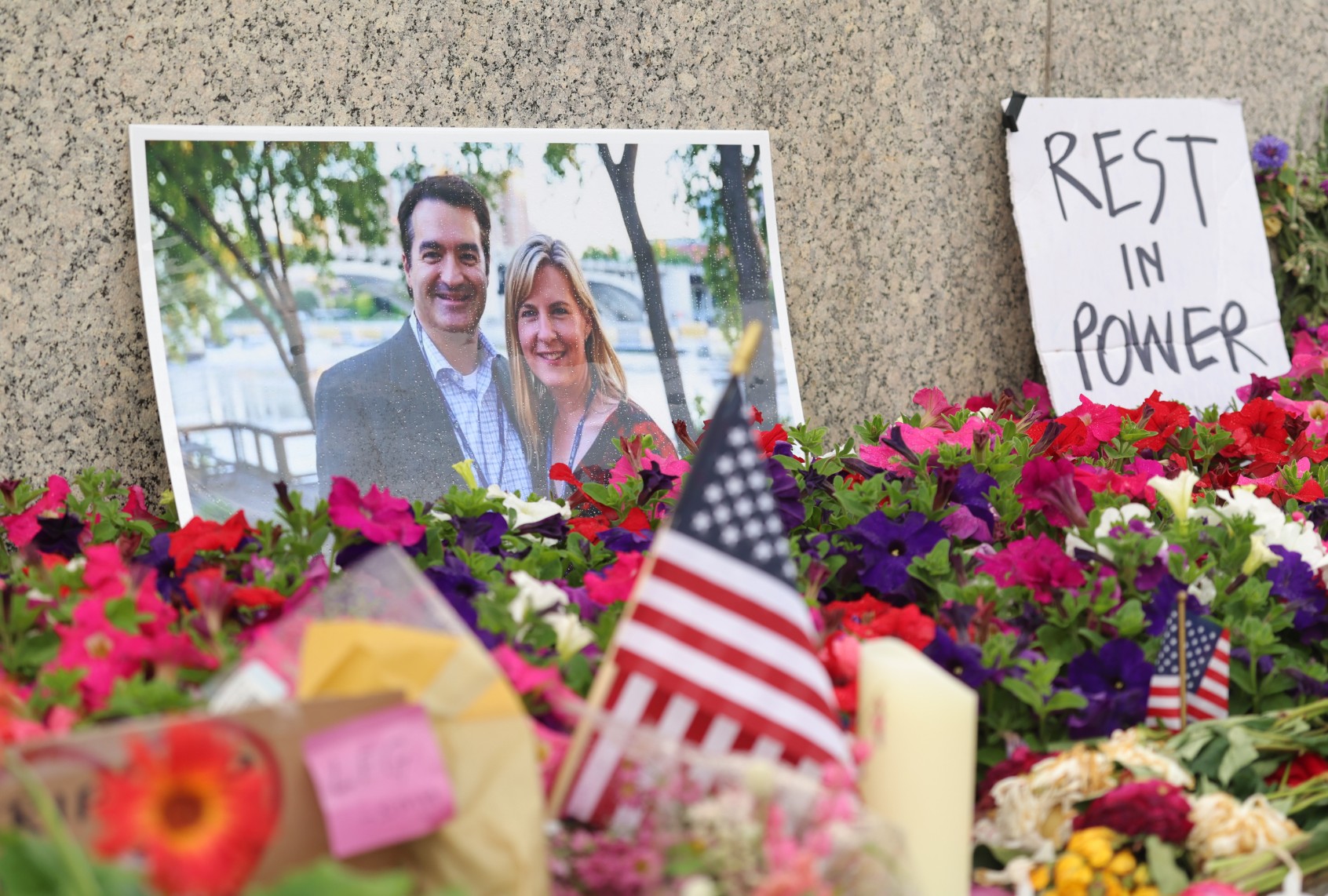Political violence in the United States must be addressed through a focus on hostile sexism, according to experts. The recent assassination of Minnesota state Representative Melissa Hortman and her husband, Mark Hortman, has reignited discussions about the intersection of gender issues and political extremism. Cynthia Miller-Idriss, a leading expert in violence and extremism, emphasized this connection at a recent event in Washington, D.C.
While media coverage largely framed the Hortman case as an attack on progressive politicians, Miller-Idriss pointed out that their advocacy for gender issues, including reproductive rights and LGBTQ+ rights, was equally significant. The individual charged with their murder had also targeted abortion providers and opponents of abortion rights. This highlights the need to consider gender-based violence as a critical factor in understanding and preventing political violence.
Experts in gender studies and domestic violence have established a clear link between gender-based bigotry and violent extremism. Miller-Idriss, who serves as the founding director of the Polarization and Extremism Research & Innovation Lab (PERIL) at American University, argues that national security frameworks must incorporate misogyny and anti-LGBTQ attitudes into their threat assessments. Currently, many threat models overlook these issues, which Miller-Idriss believes are fundamental to understanding the roots of mass violence.
The FBI has published findings identifying behavior patterns among active shooters, yet none of the 22 warning signs relate to gender issues. Furthermore, in 2019, the Office of the Director of National Intelligence categorized violent domestic extremism into three groups: identity-based, anti-government, and “other,” which often includes misogynistic violence. Miller-Idriss notes that violence linked to gender issues is frequently a significant predictor of mass violence, with over half of mass shooters targeting intimate partners.
Miller-Idriss argues that intimate partner violence and violent extremism exist on a spectrum of violence. She advocates for the inclusion of domestic violence, antifeminist rhetoric, and misogynistic attitudes in security threat models. Her new book, “Man Up: The New Misogyny and the Rise of Violent Extremism,” published by Princeton University Press, compiles research that illustrates how misogyny is a recurring theme in extremist violence.
Misogyny, according to Miller-Idriss, encompasses anti-LGBTQ+ beliefs and represents a hostile enforcement of patriarchal norms. While attitudes about gender roles may not always directly motivate acts of domestic violent extremism, they contribute to a foundation that can lead to radicalization. For instance, the perpetrator of the 2022 Buffalo supermarket shooting expressed concerns about declining White birth rates in his manifesto, reflecting a broader narrative of grievance.
A study analyzing fatal mass shootings between 2014 and 2019 revealed that 59 percent of these incidents were linked to domestic violence. In 68 percent of cases, the shooter had a history of domestic violence. Notably, victims of mass shootings associated with domestic violence are less likely to survive compared to those in other contexts.
The persistent issue of gender inequality has contributed to the oversight of misogyny in discussions about extremism. Miller-Idriss highlights the discomfort many feel when confronting their own complicity in gender divides. Additionally, law enforcement’s lack of motivation to document misogynistic crimes further obscures the prevalence of these behaviors within extremist groups.
At the institutional level, domestic violence and violent extremism are often treated as separate issues, leading to fragmented approaches in addressing them. Miller-Idriss points out that domestic violence is typically managed by the Department of Justice, while mass violence falls under the purview of the Department of Homeland Security. This compartmentalization prevents a comprehensive understanding of how these issues intersect.
Miller-Idriss advocates for integrating misogyny into national security threat models and suggests the establishment of a sex trafficking enhancement charge to hold extremist groups accountable for gender-based violence in trafficking cases.
To combat political violence and violent extremism, communities can take proactive steps to address hostile sexism. Engaging with youth about their online experiences and the messages they encounter regarding gender can foster resilience against harmful narratives. PERIL has developed resource kits tailored for parents, educators, and community leaders to help counteract radicalization and gender-based bigotry among young people.
In her discussions with youth, Miller-Idriss emphasizes the importance of avoiding preachy attitudes. Instead, she encourages open conversations about the narratives around gender that young people encounter, enabling them to recognize and reject harmful ideologies.
By acknowledging the role of hostile sexism in political violence, society can work towards breaking the cycle of extremism and fostering a more inclusive and safer environment for all.
